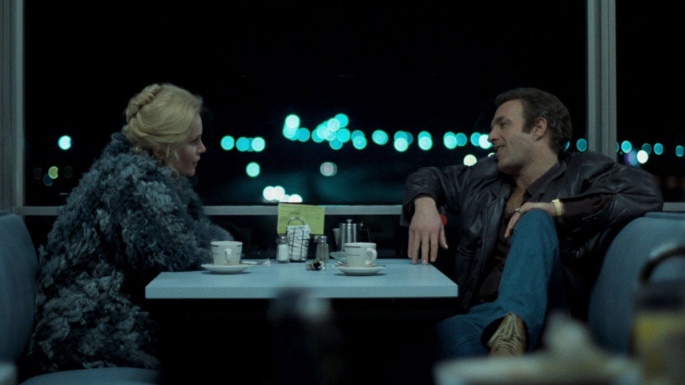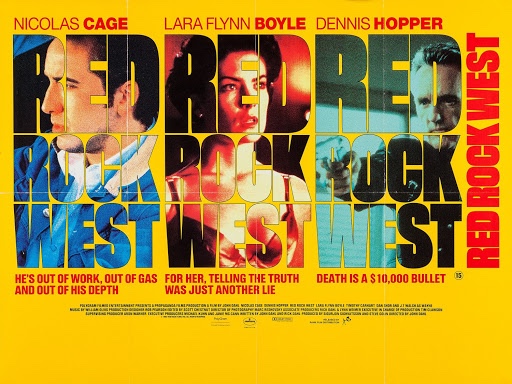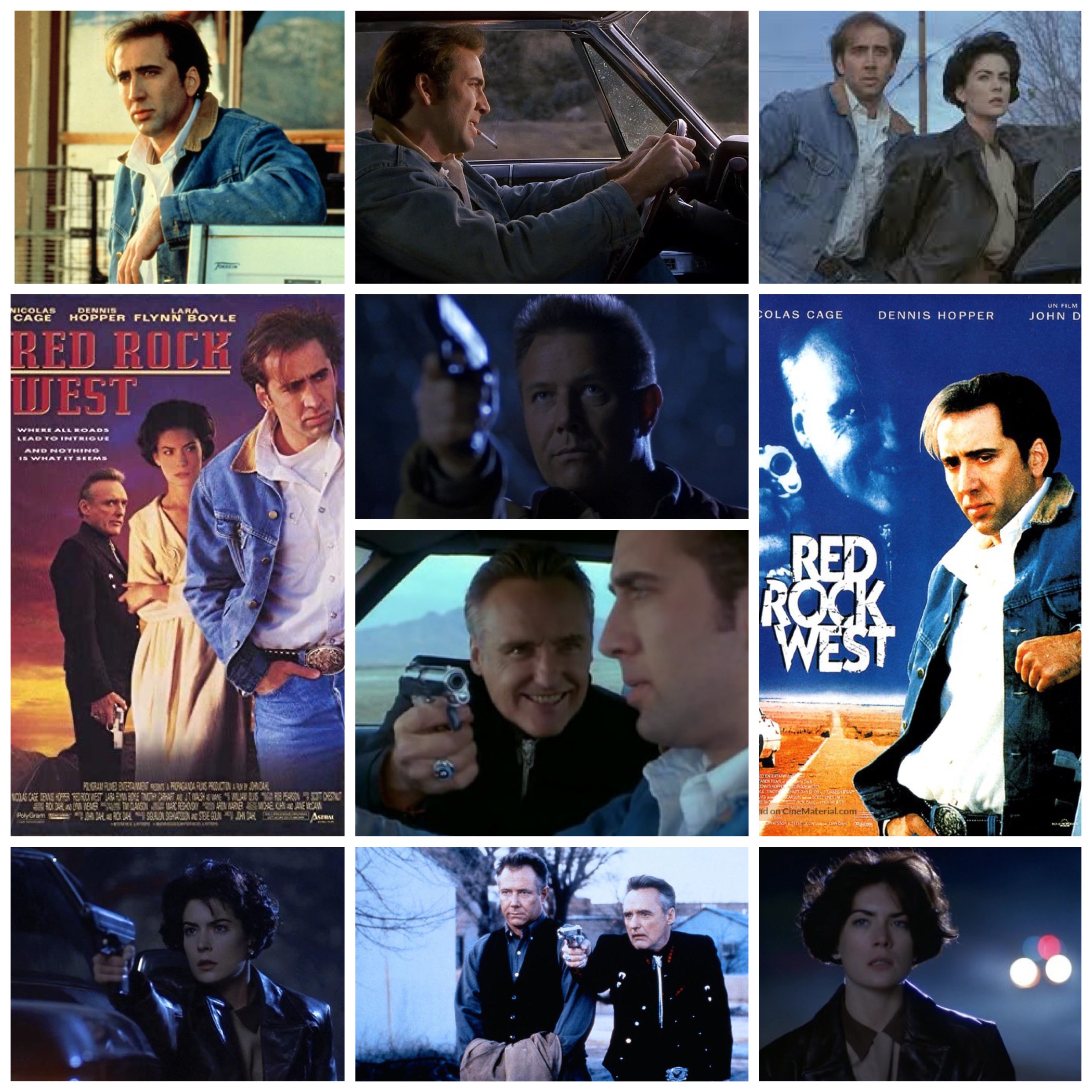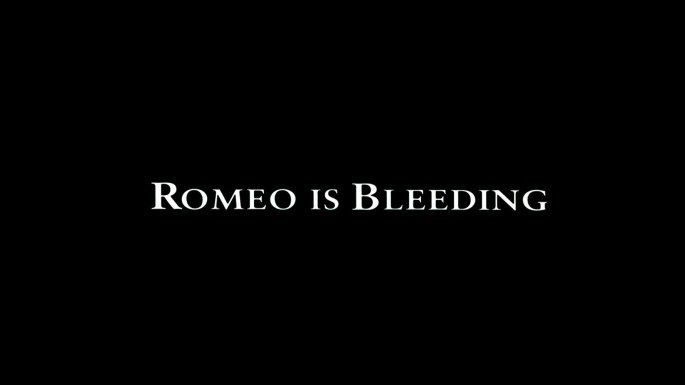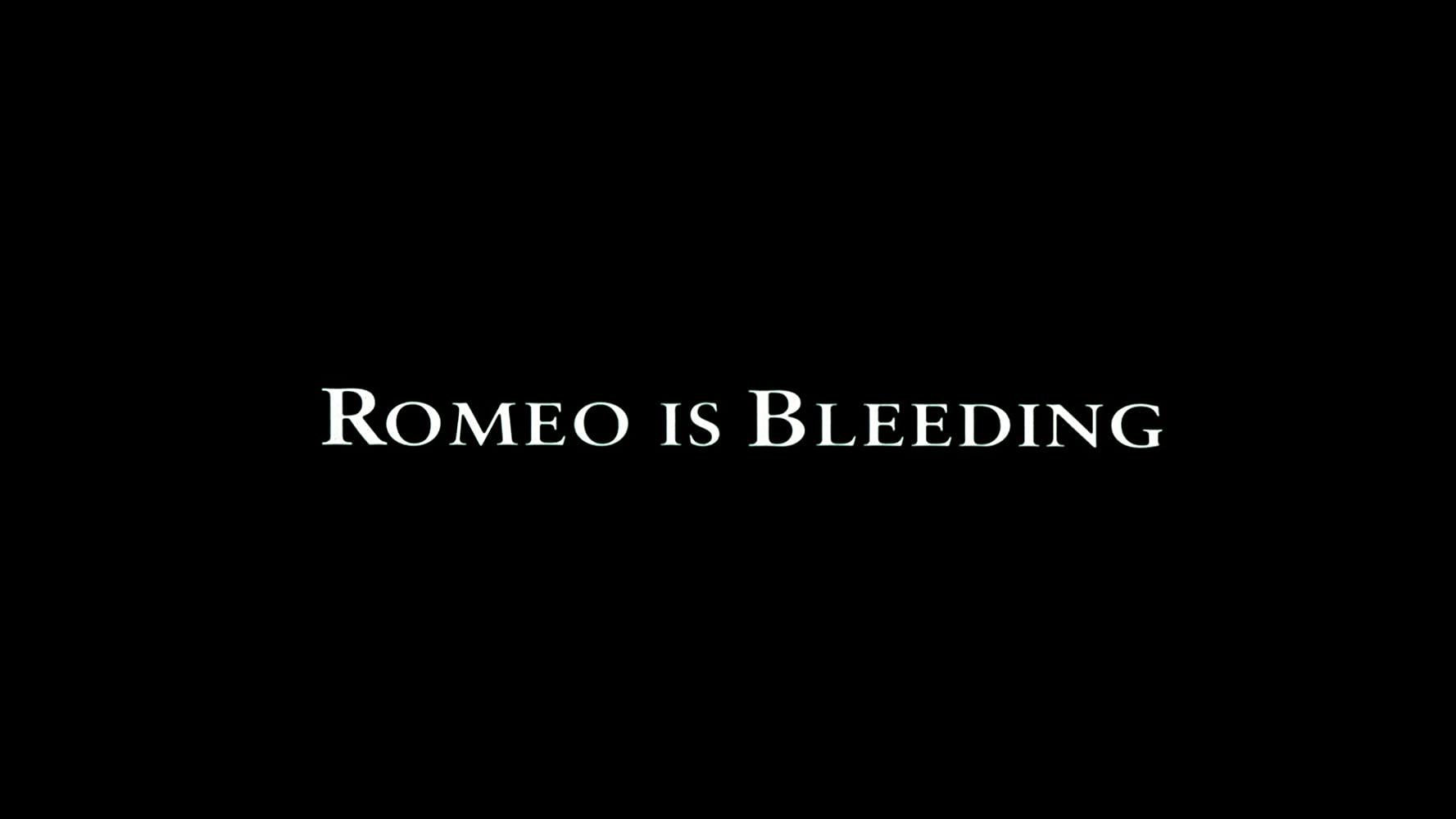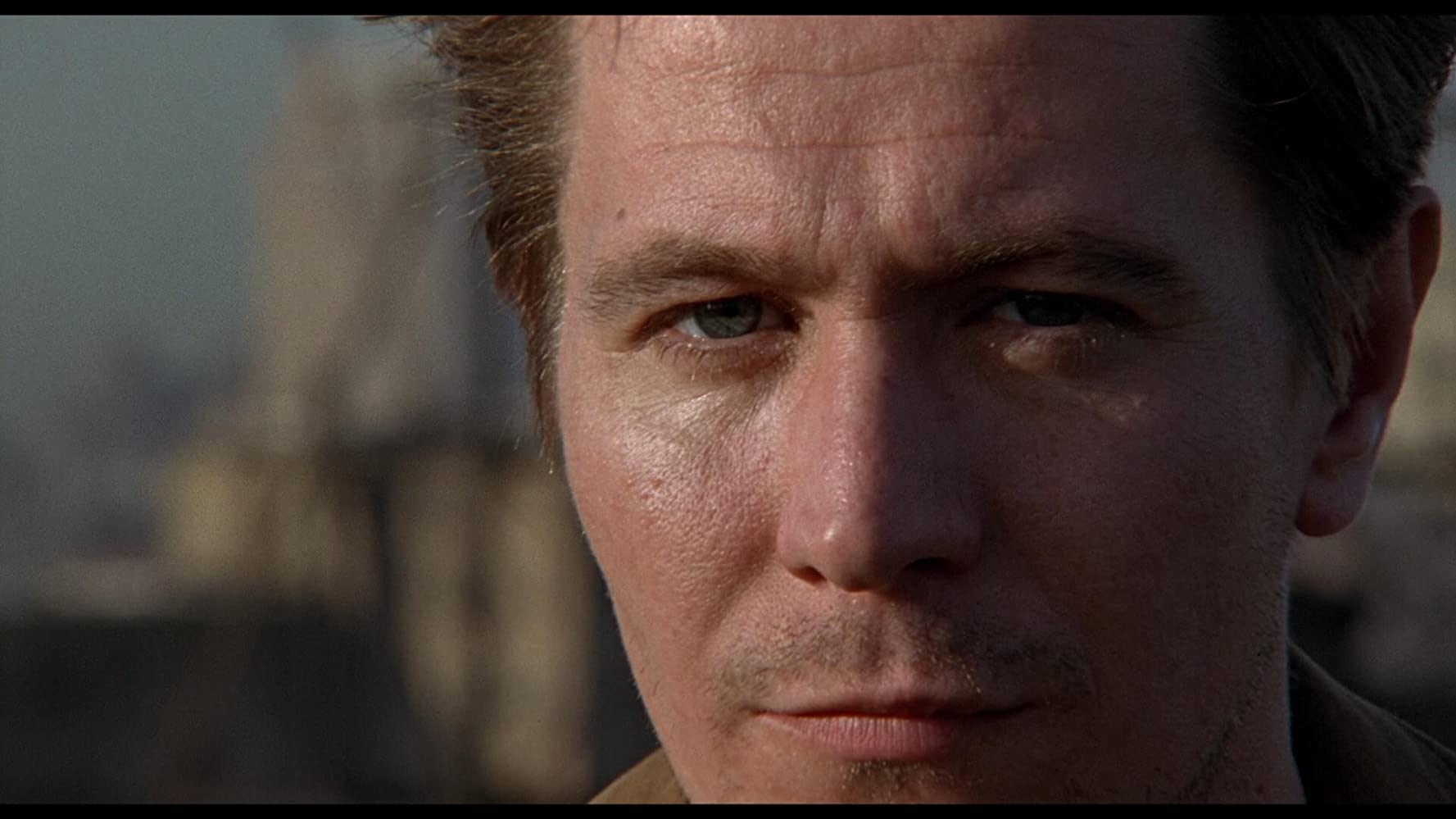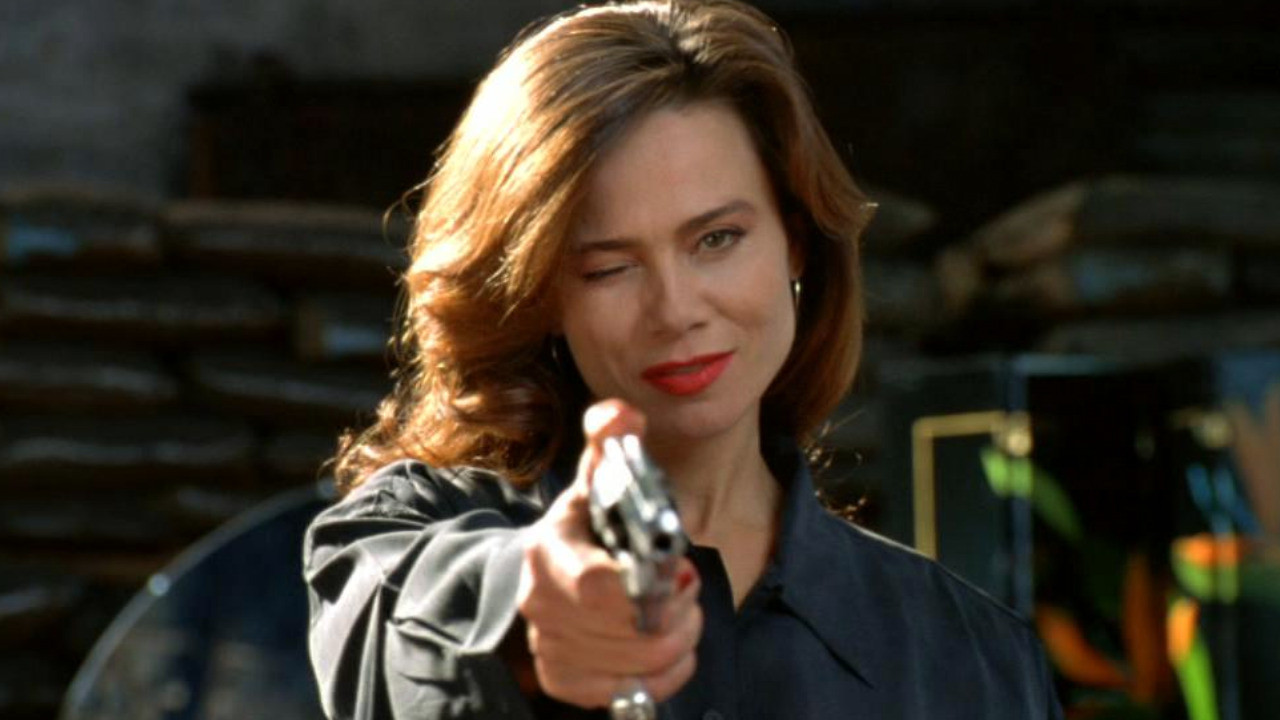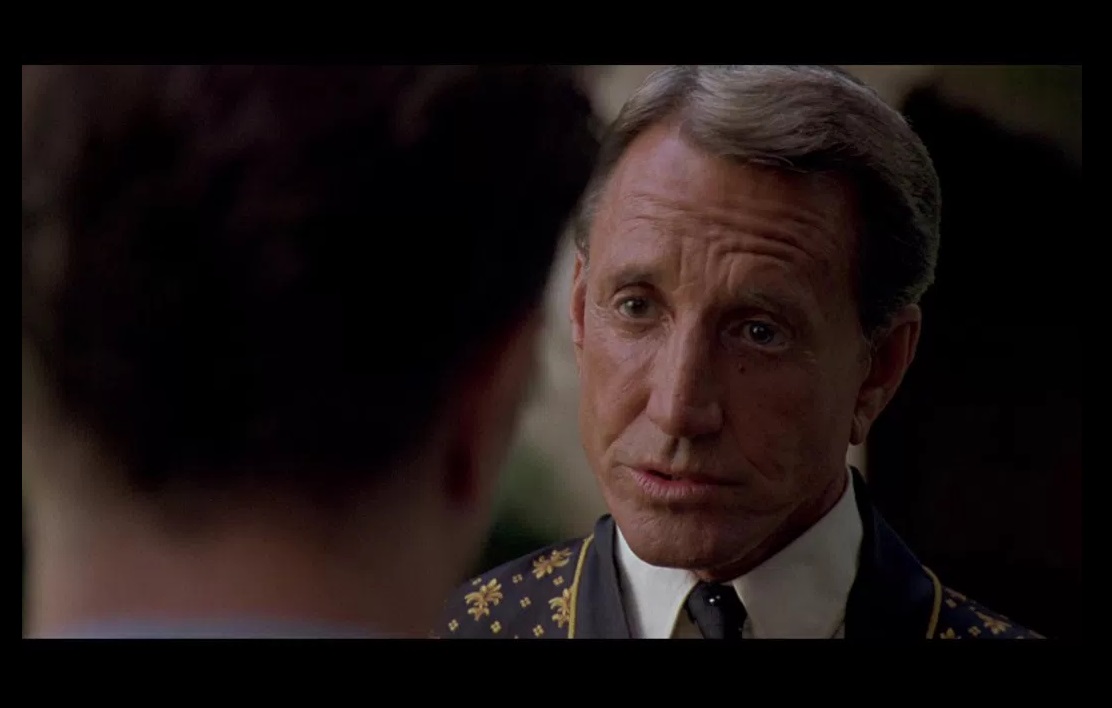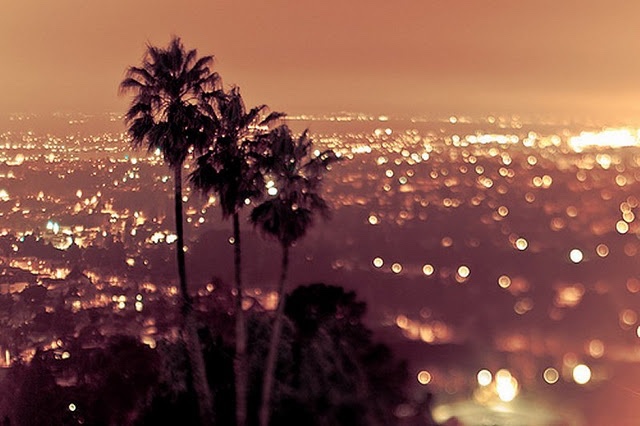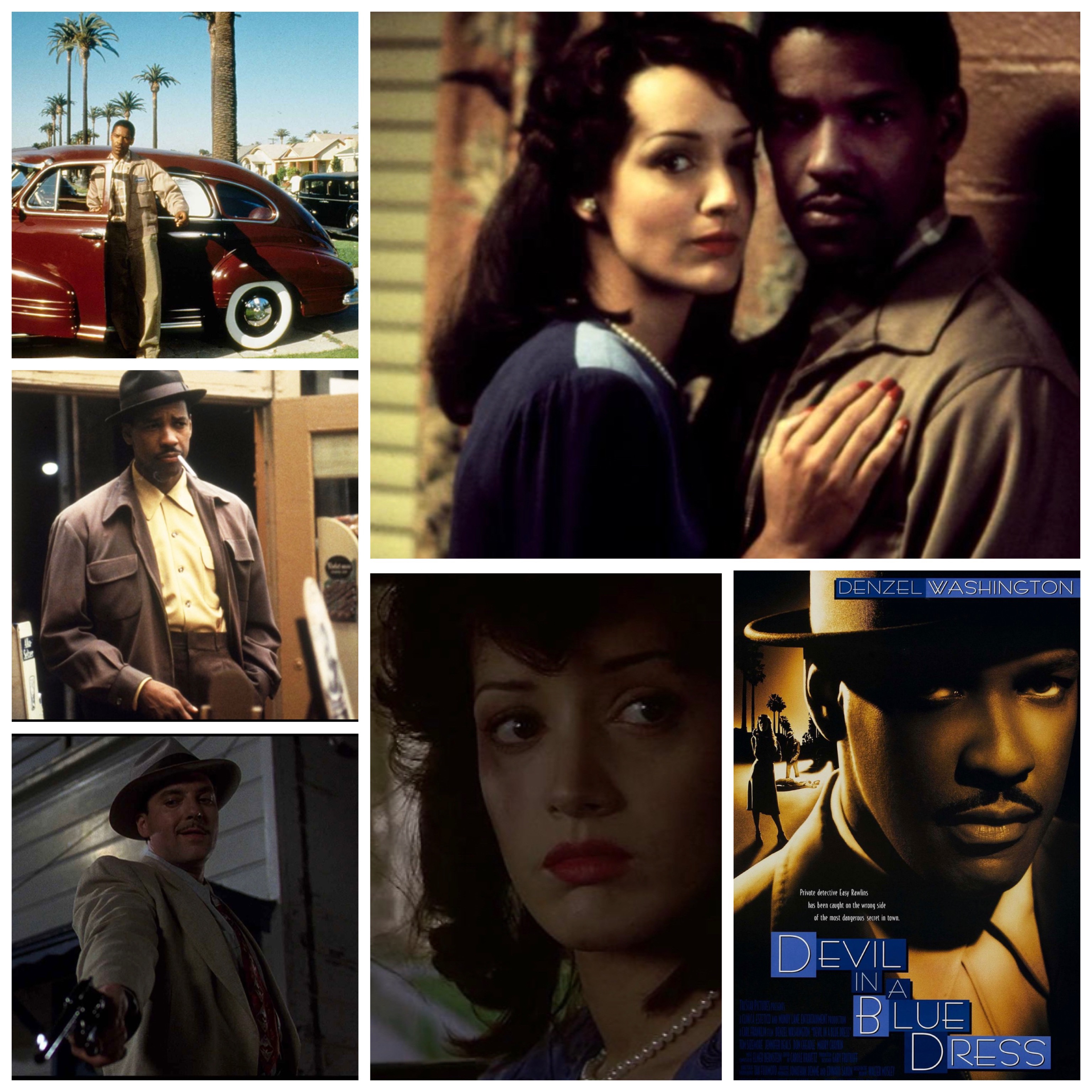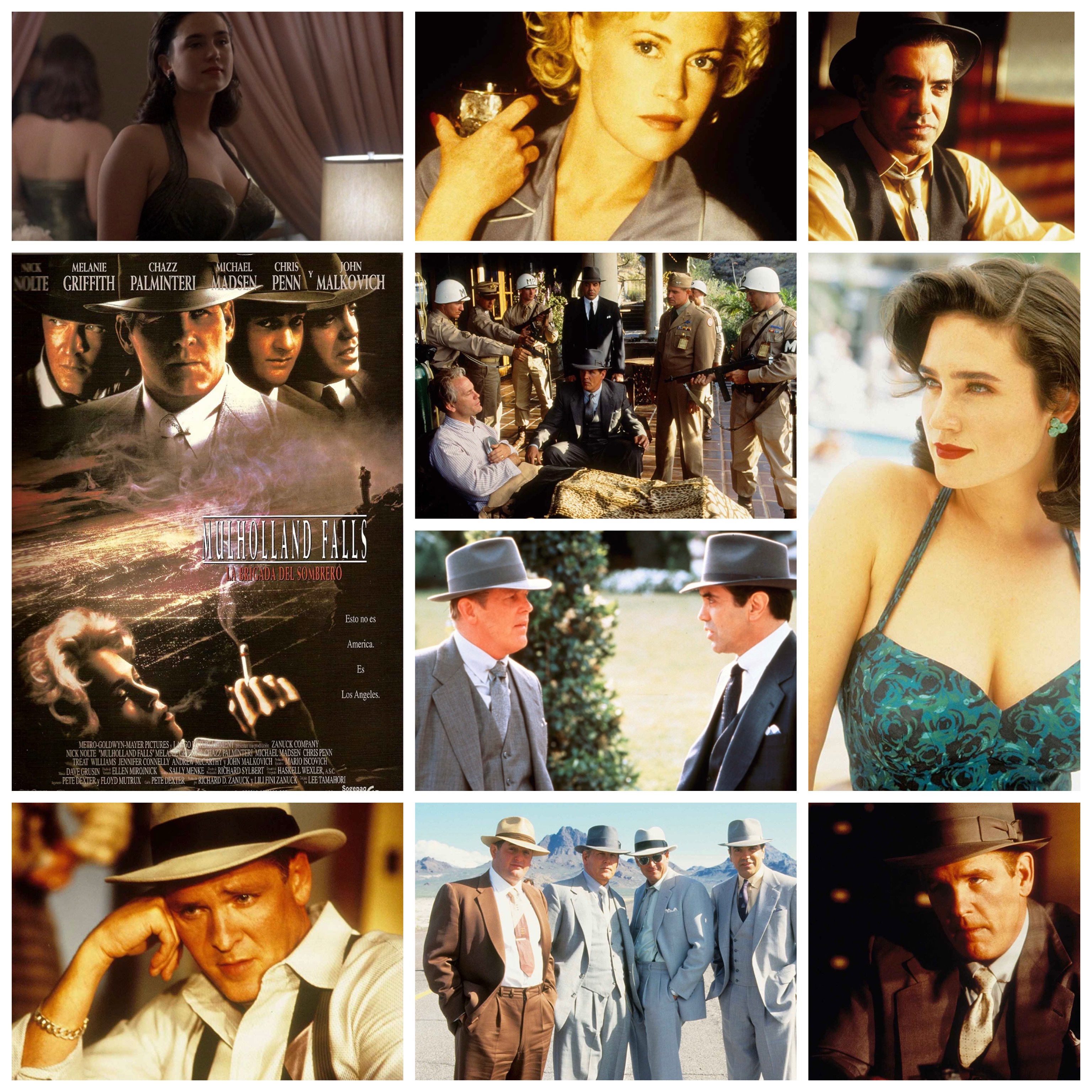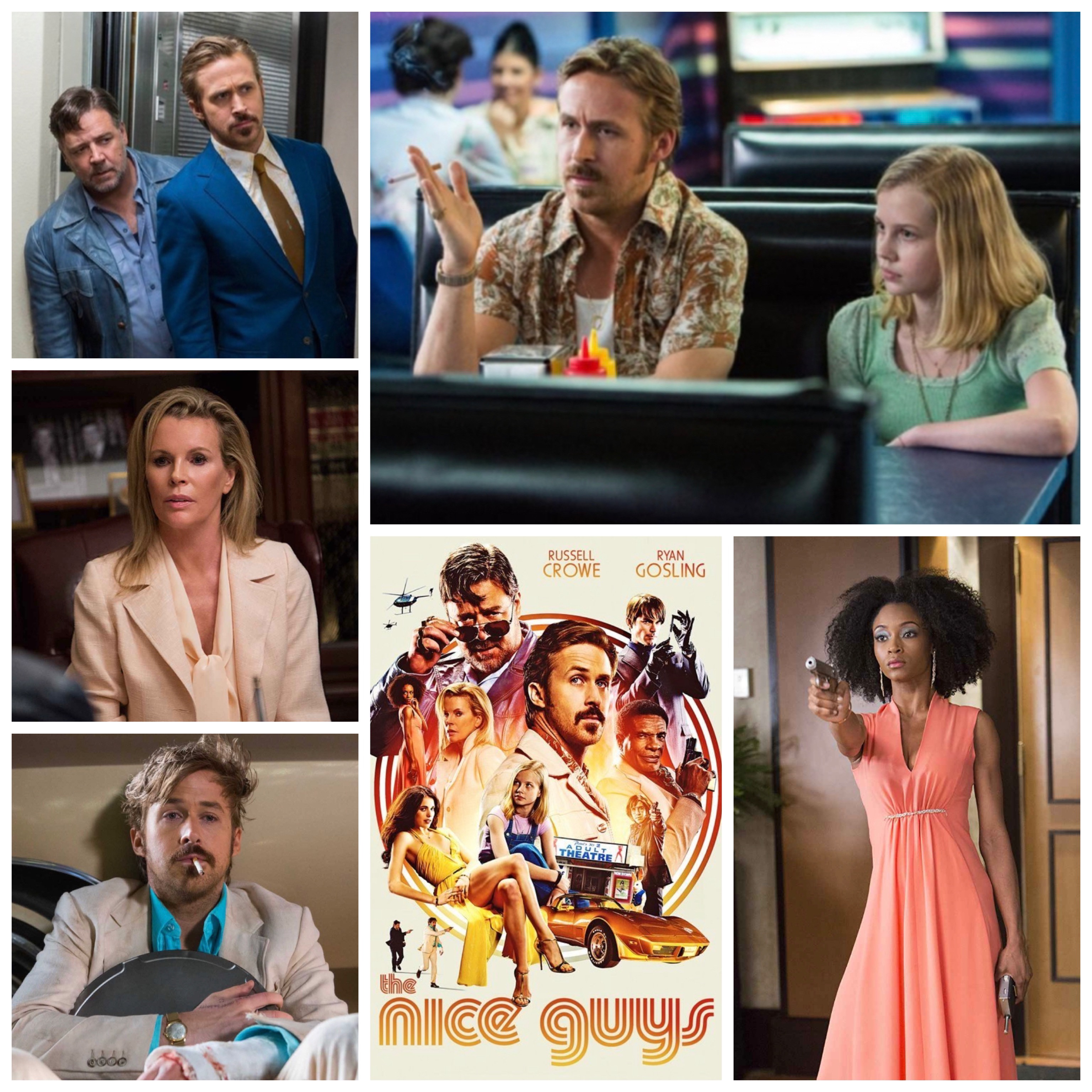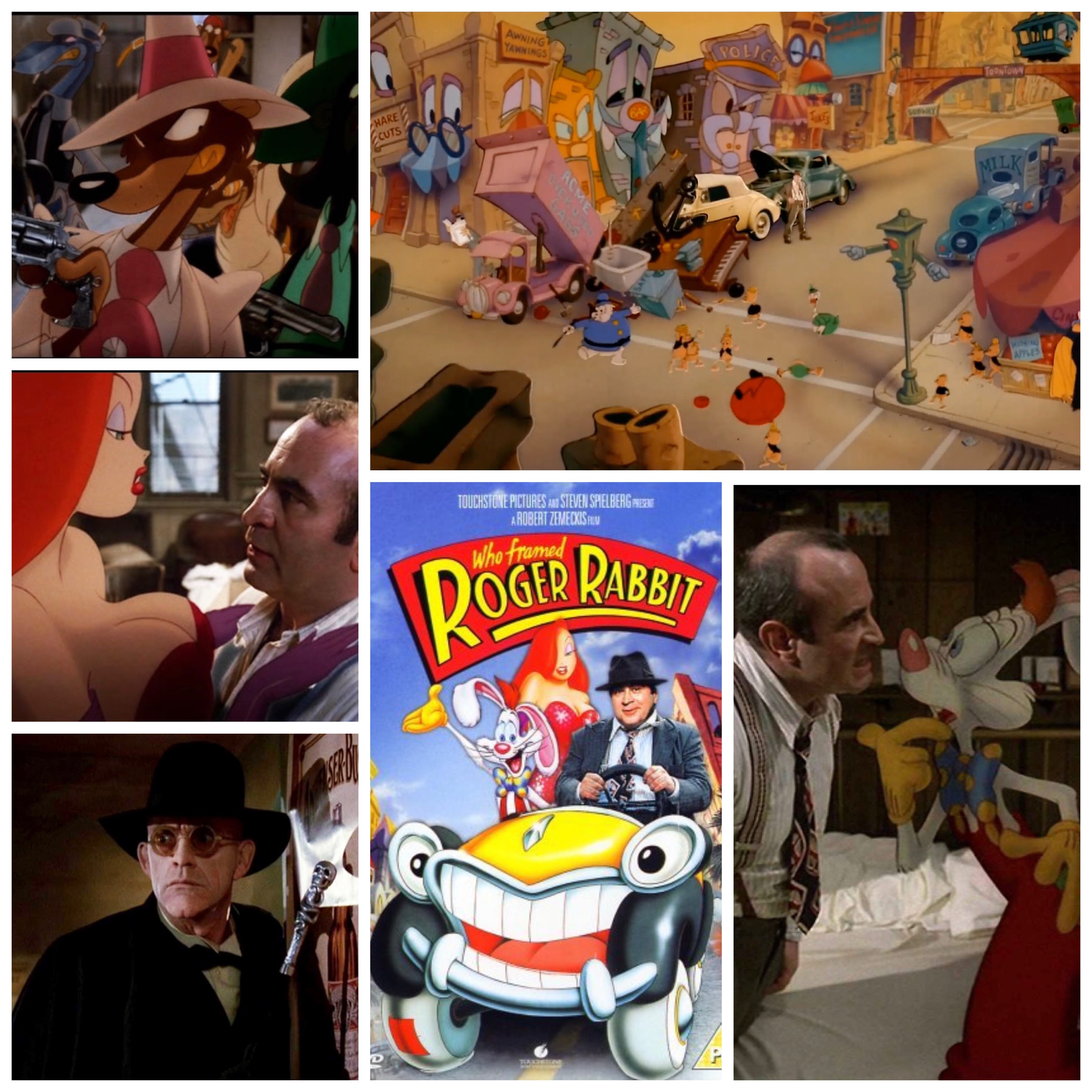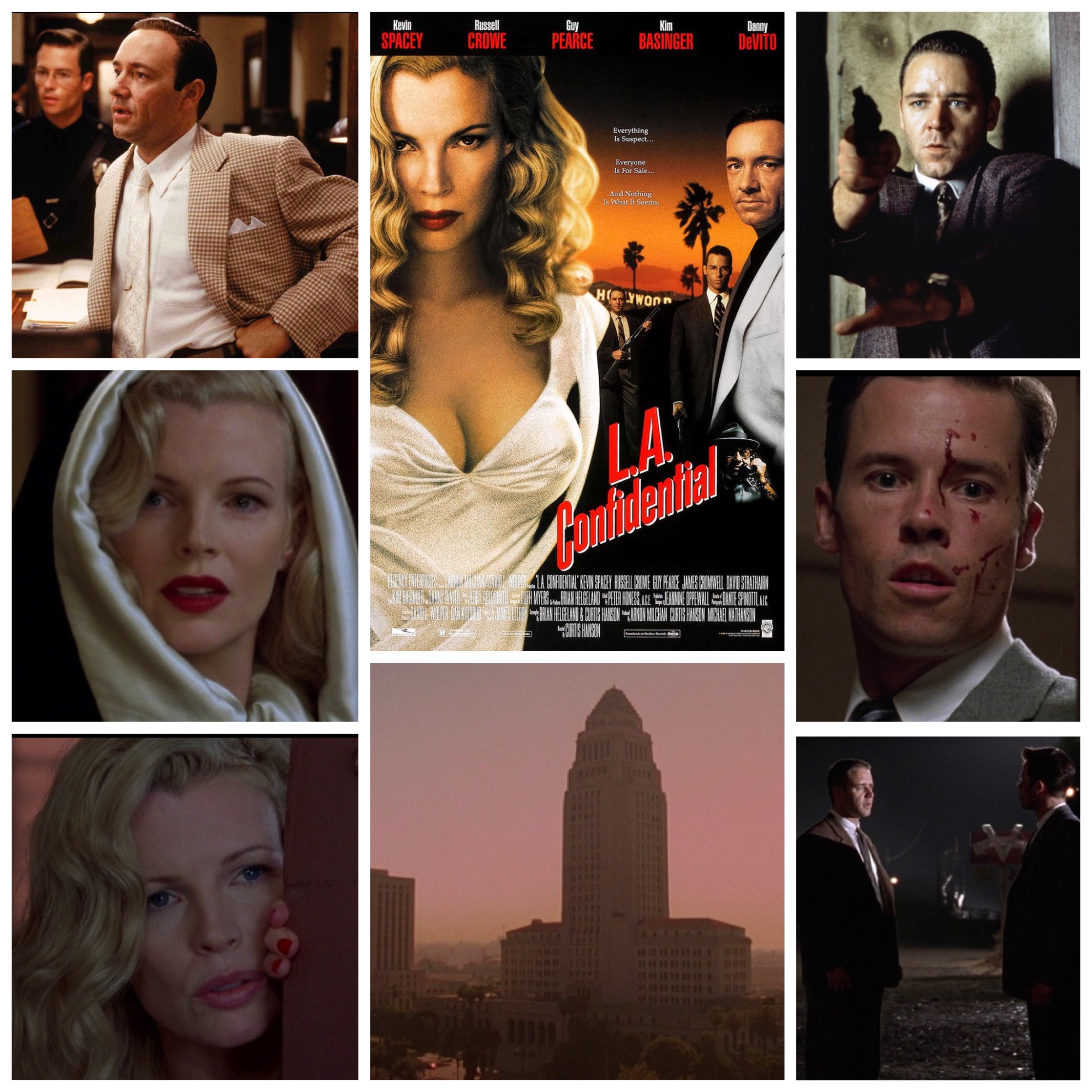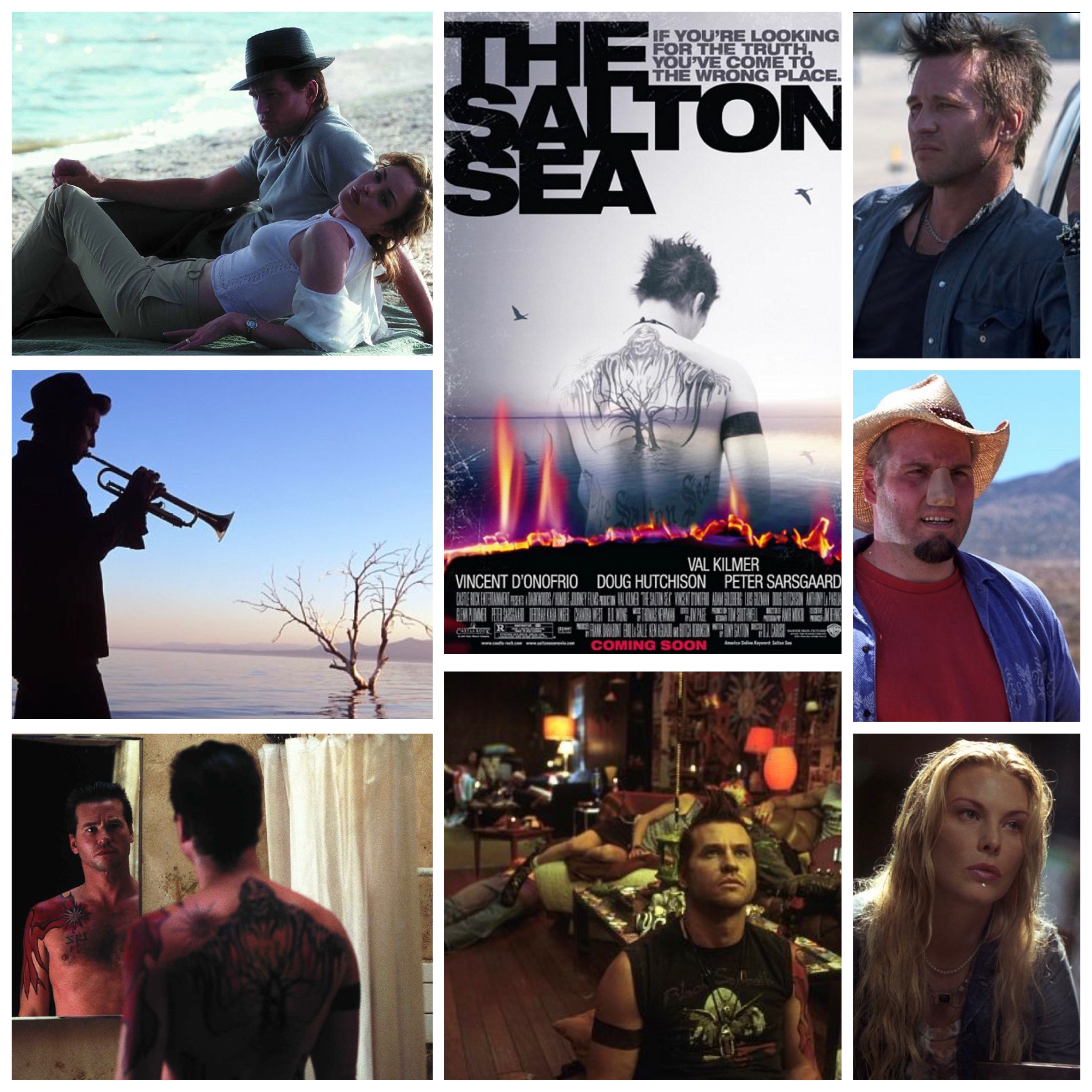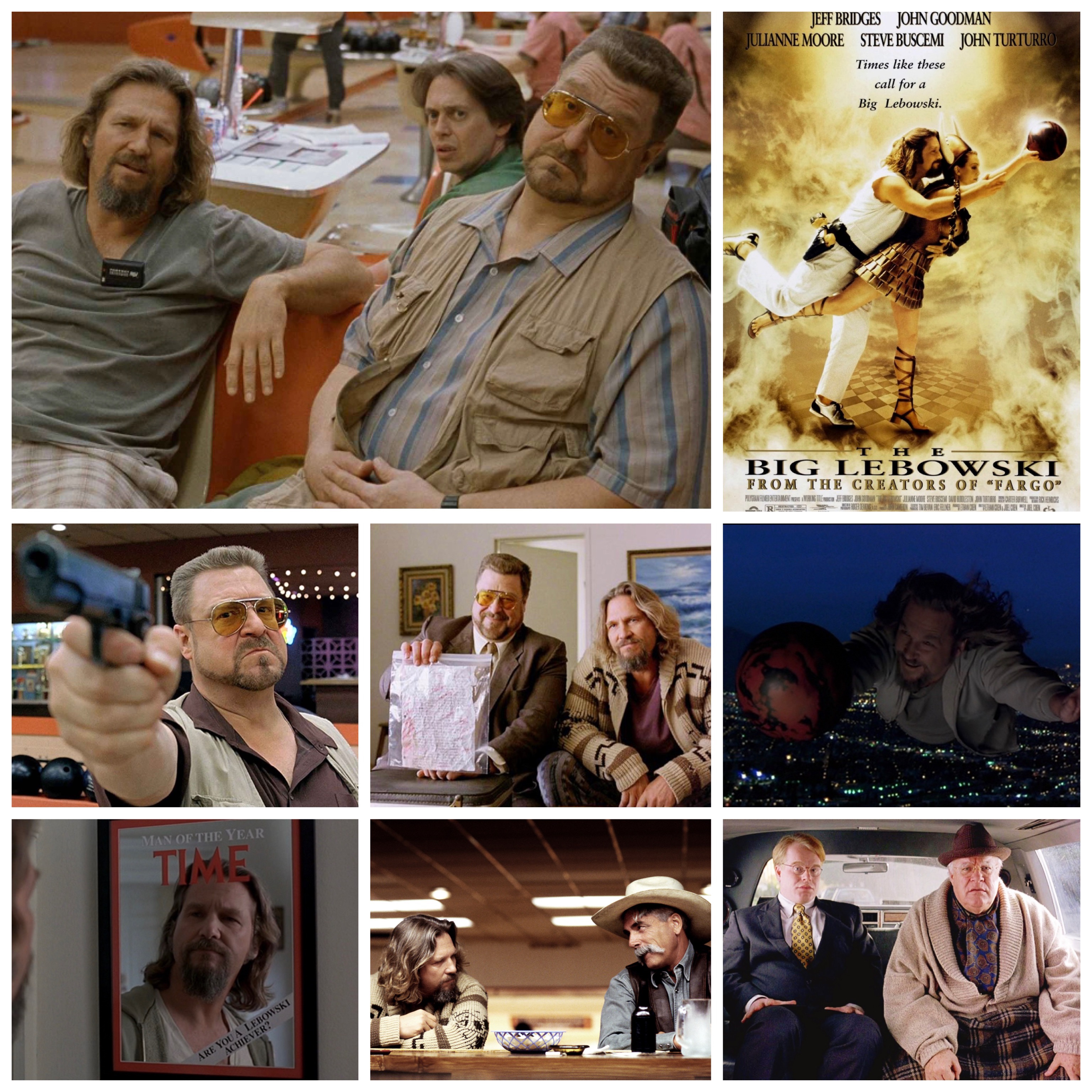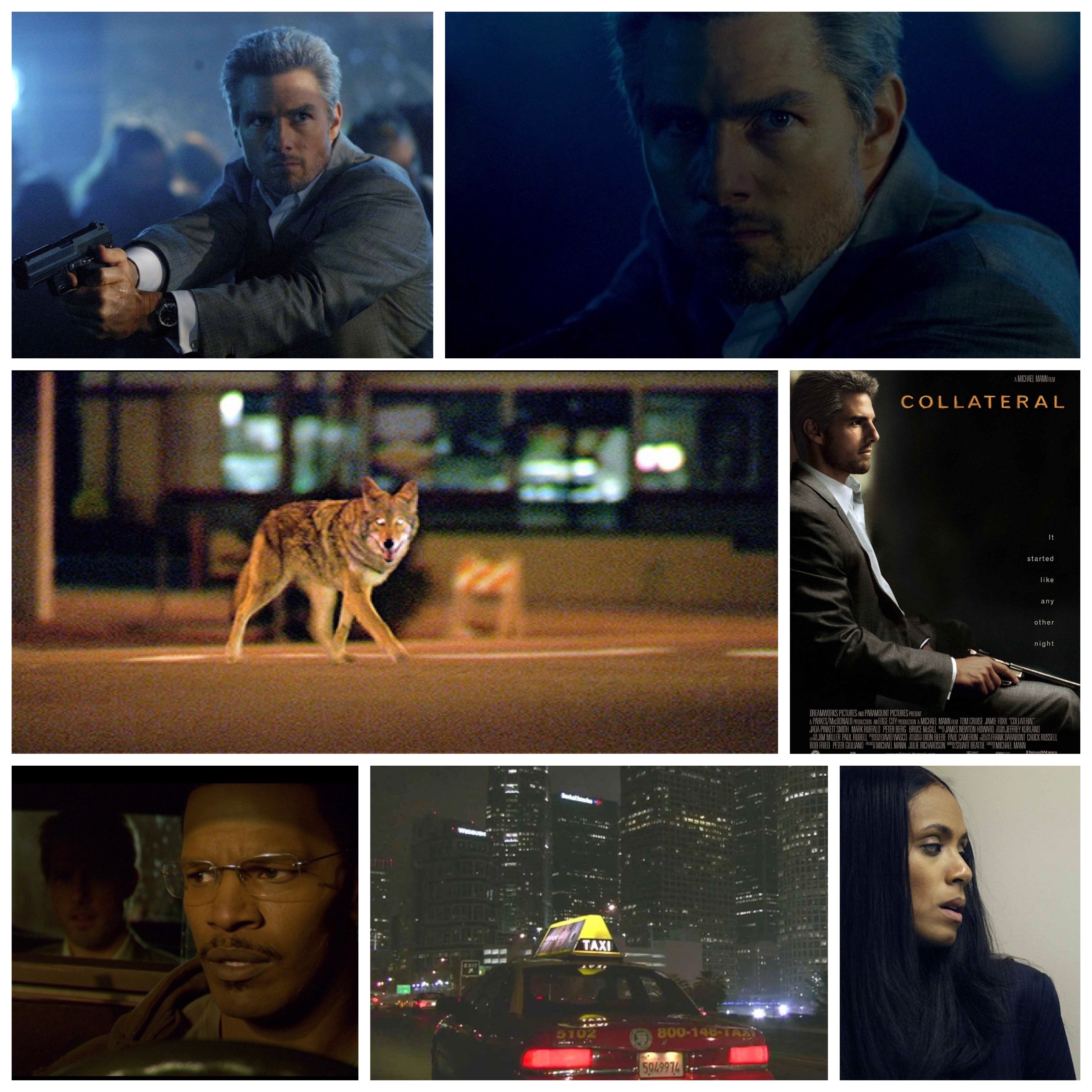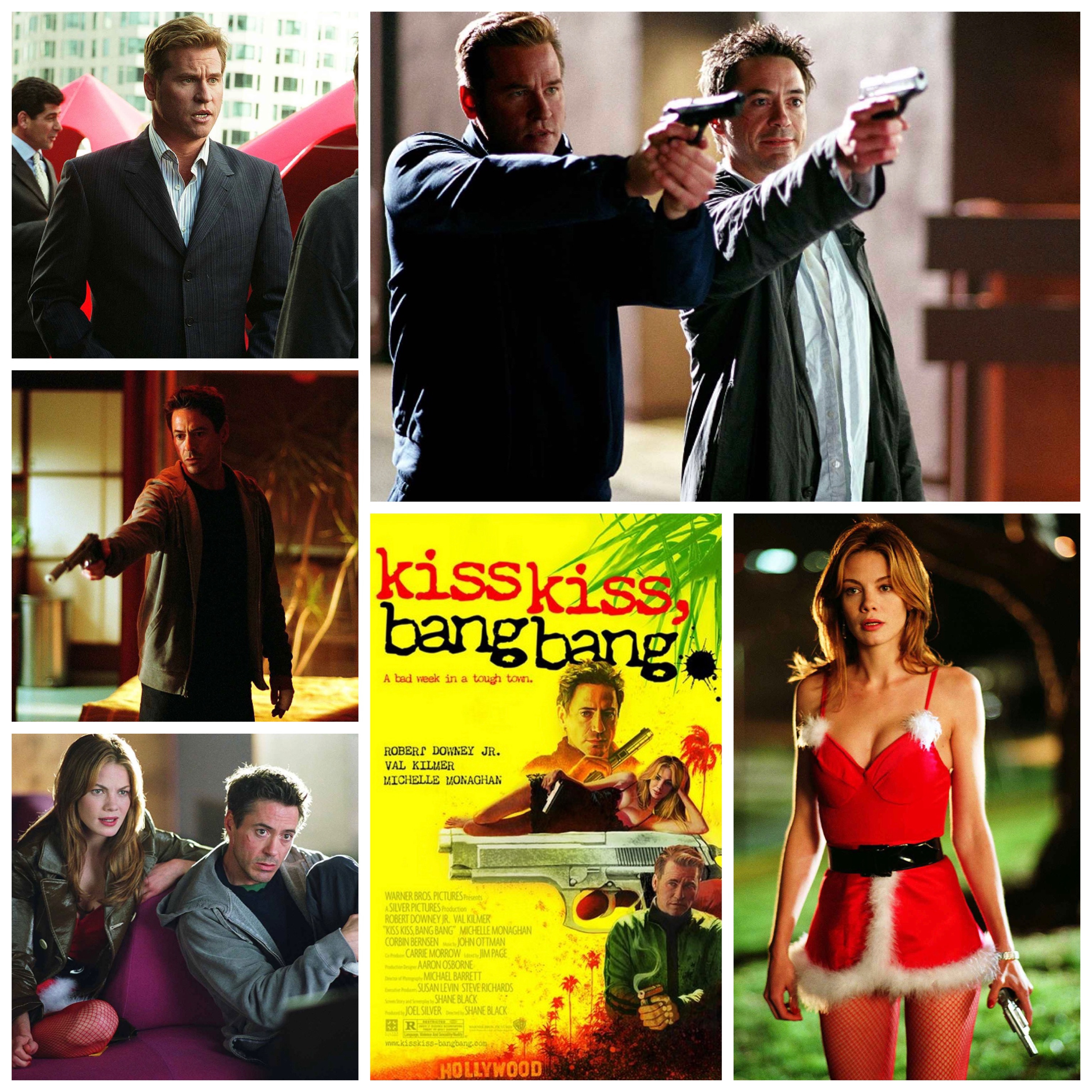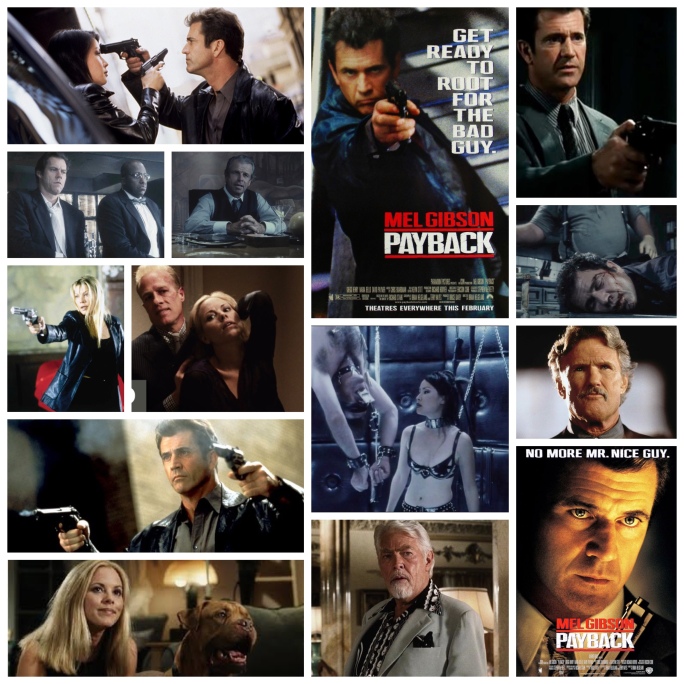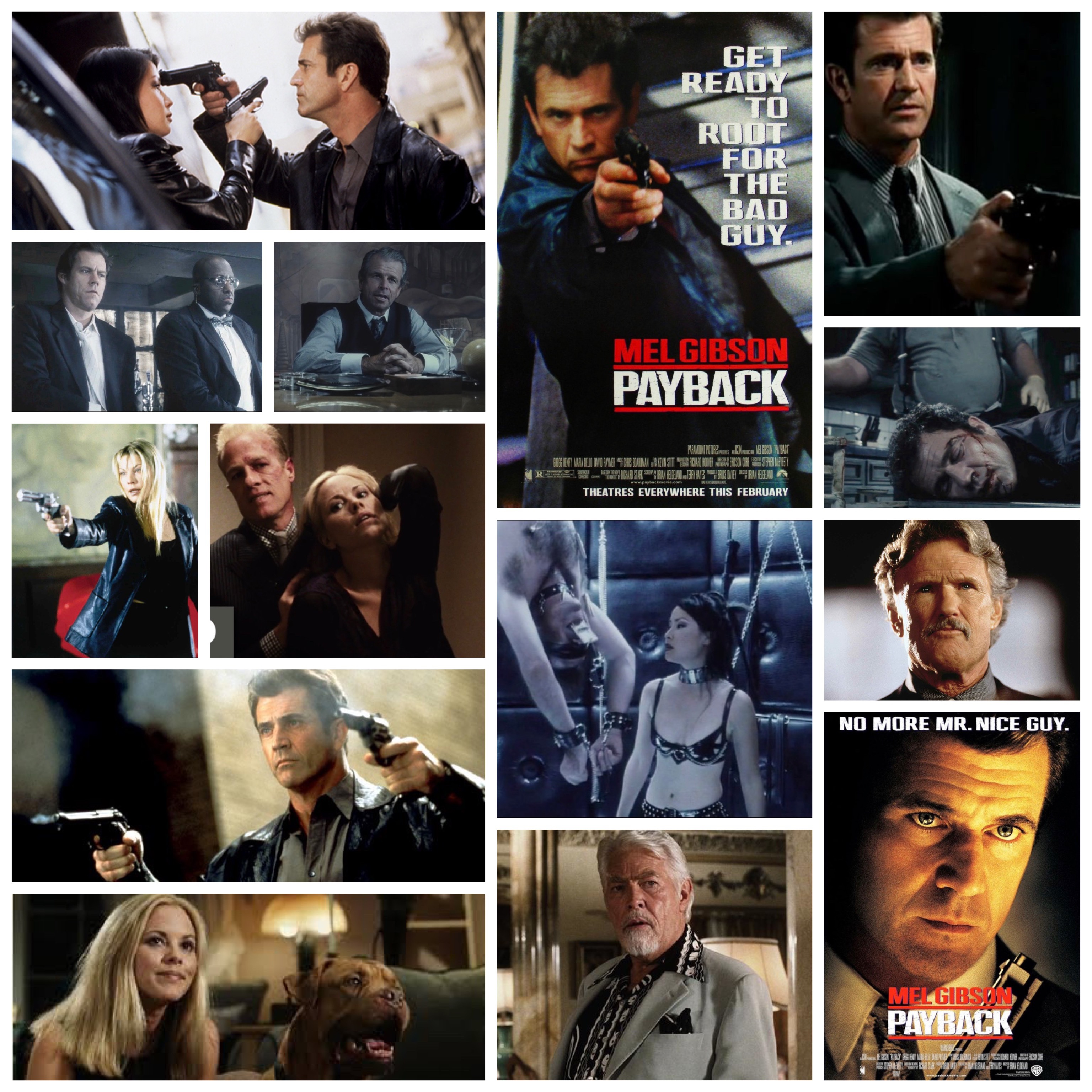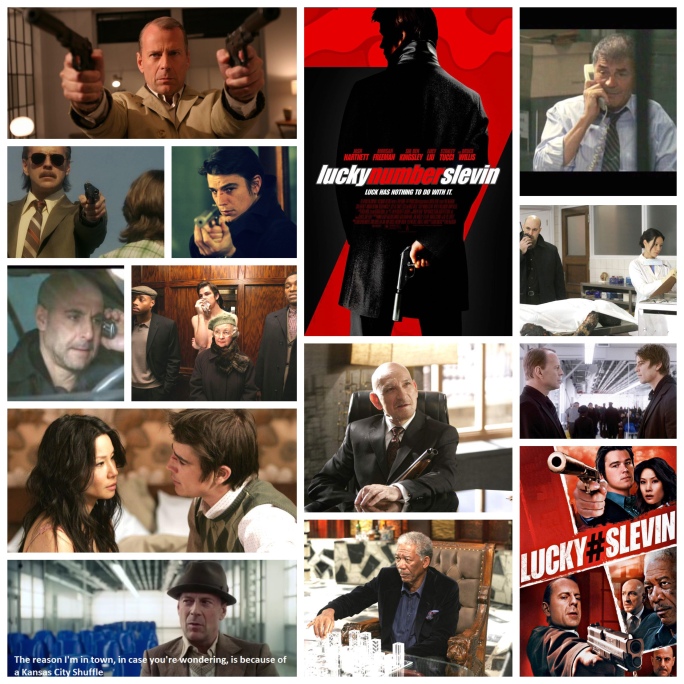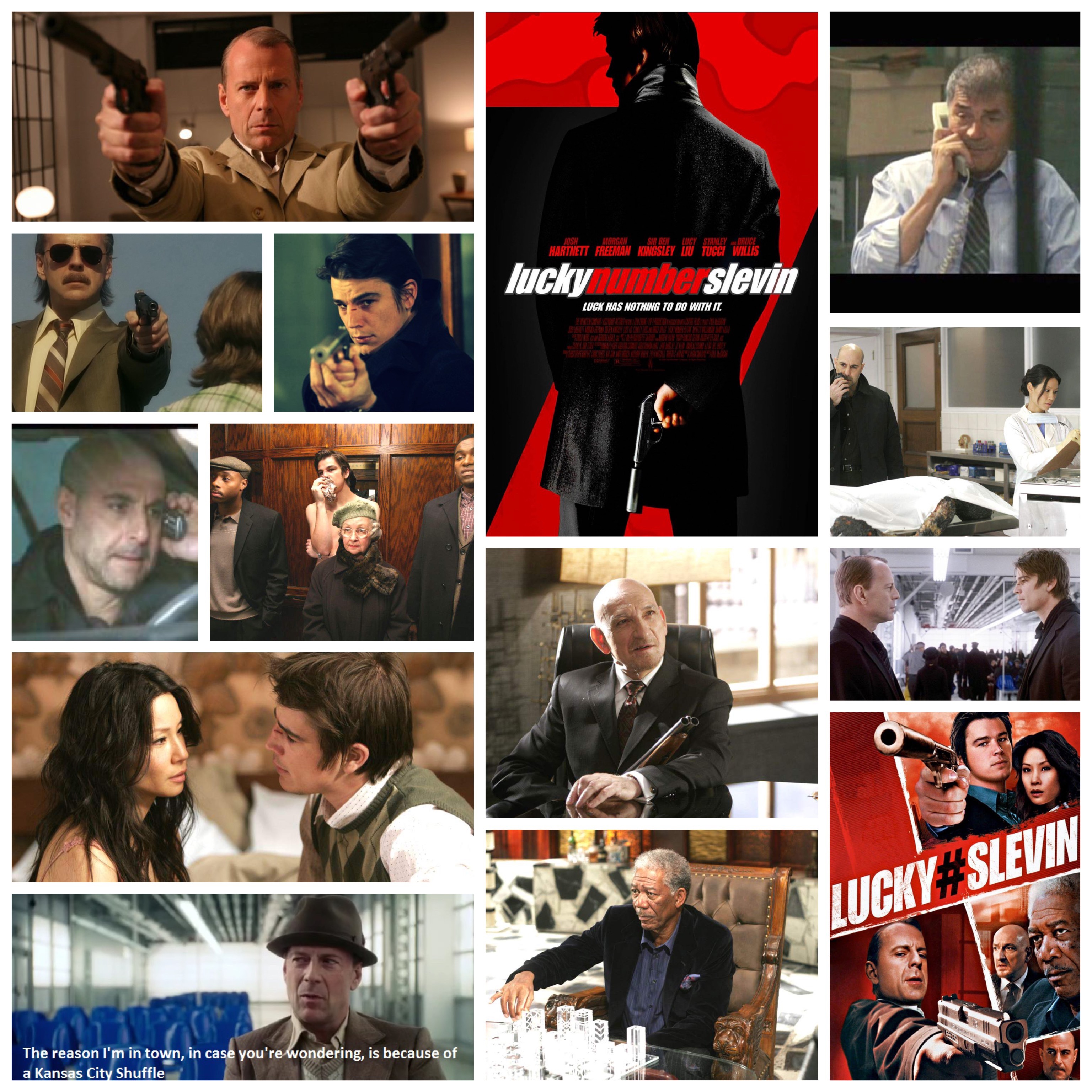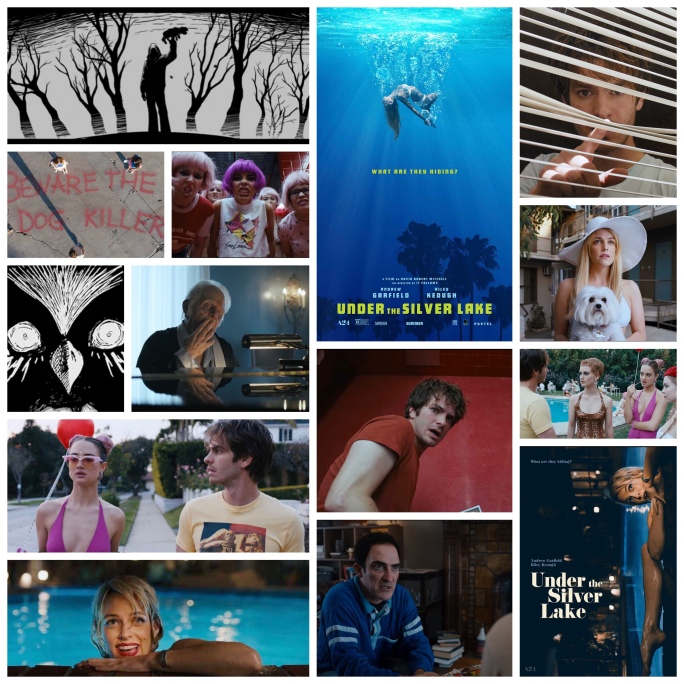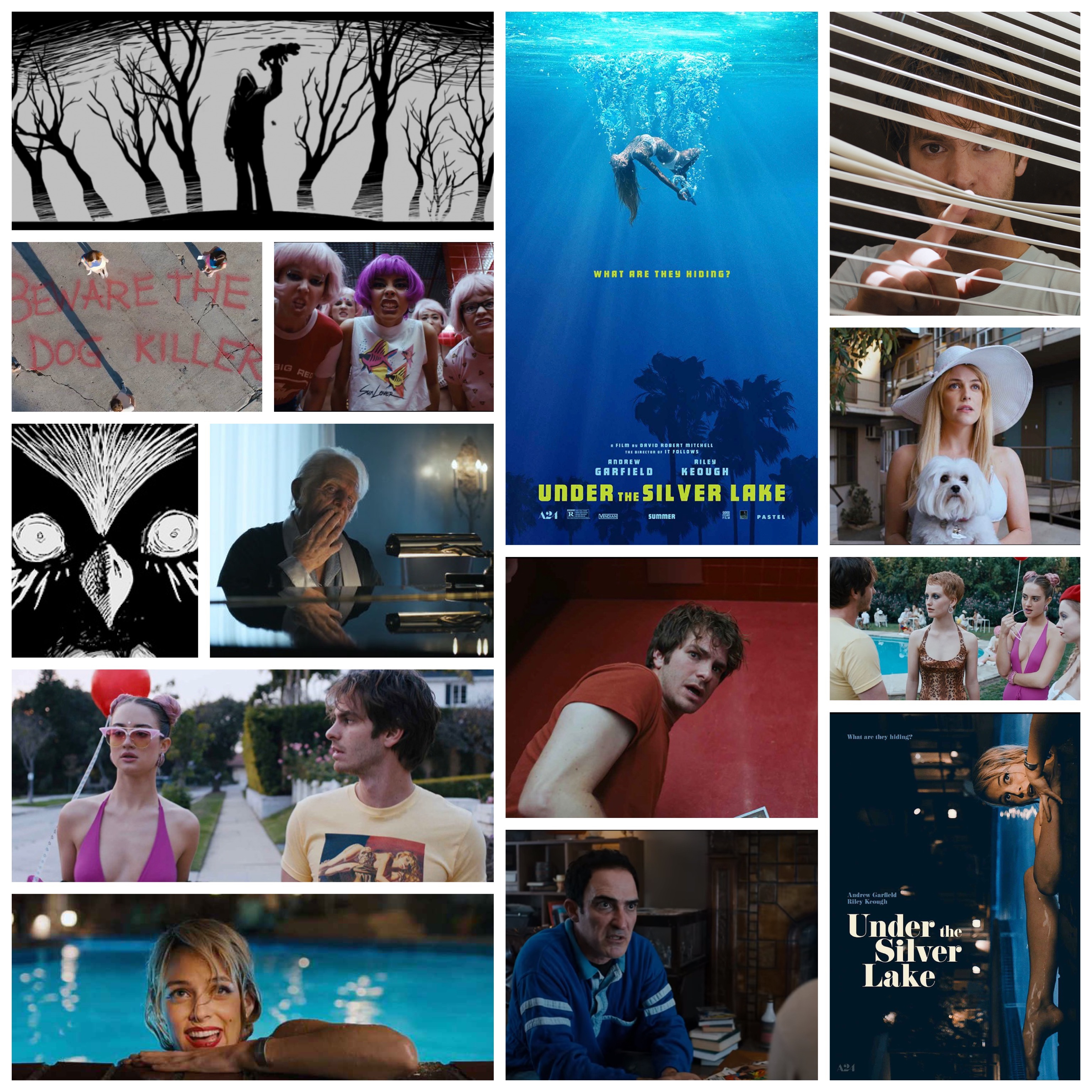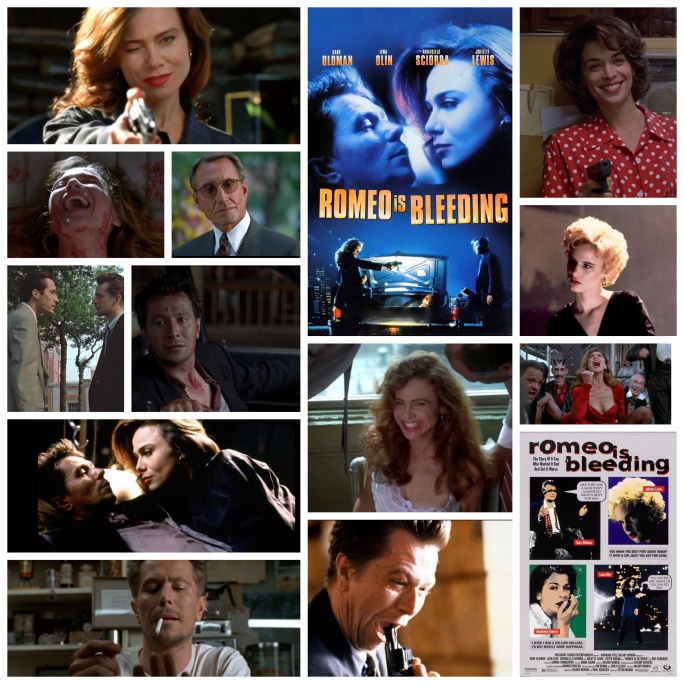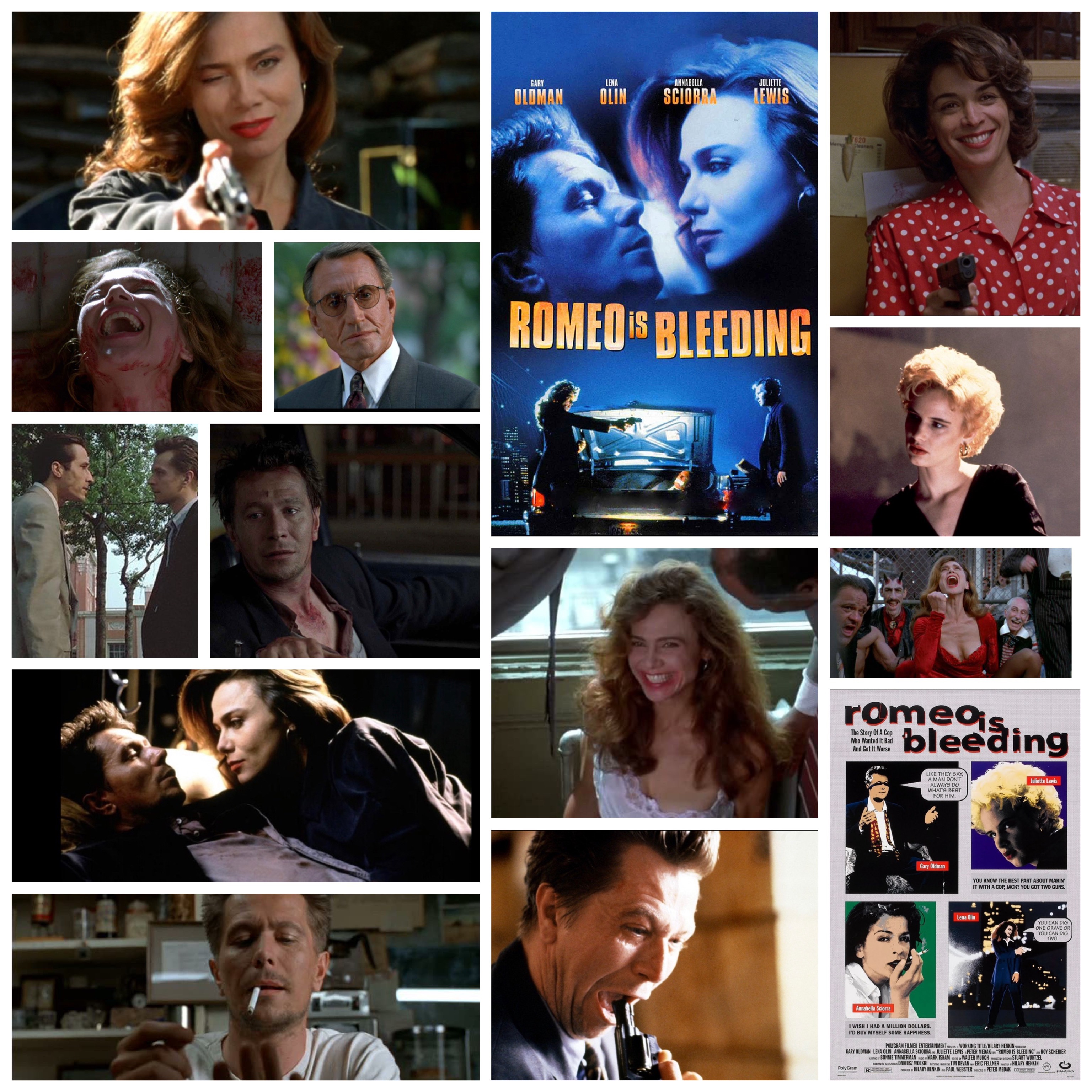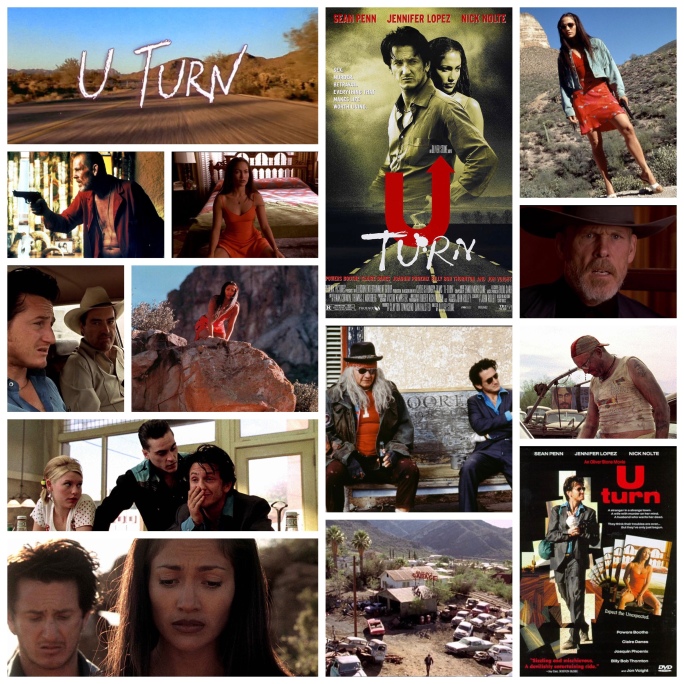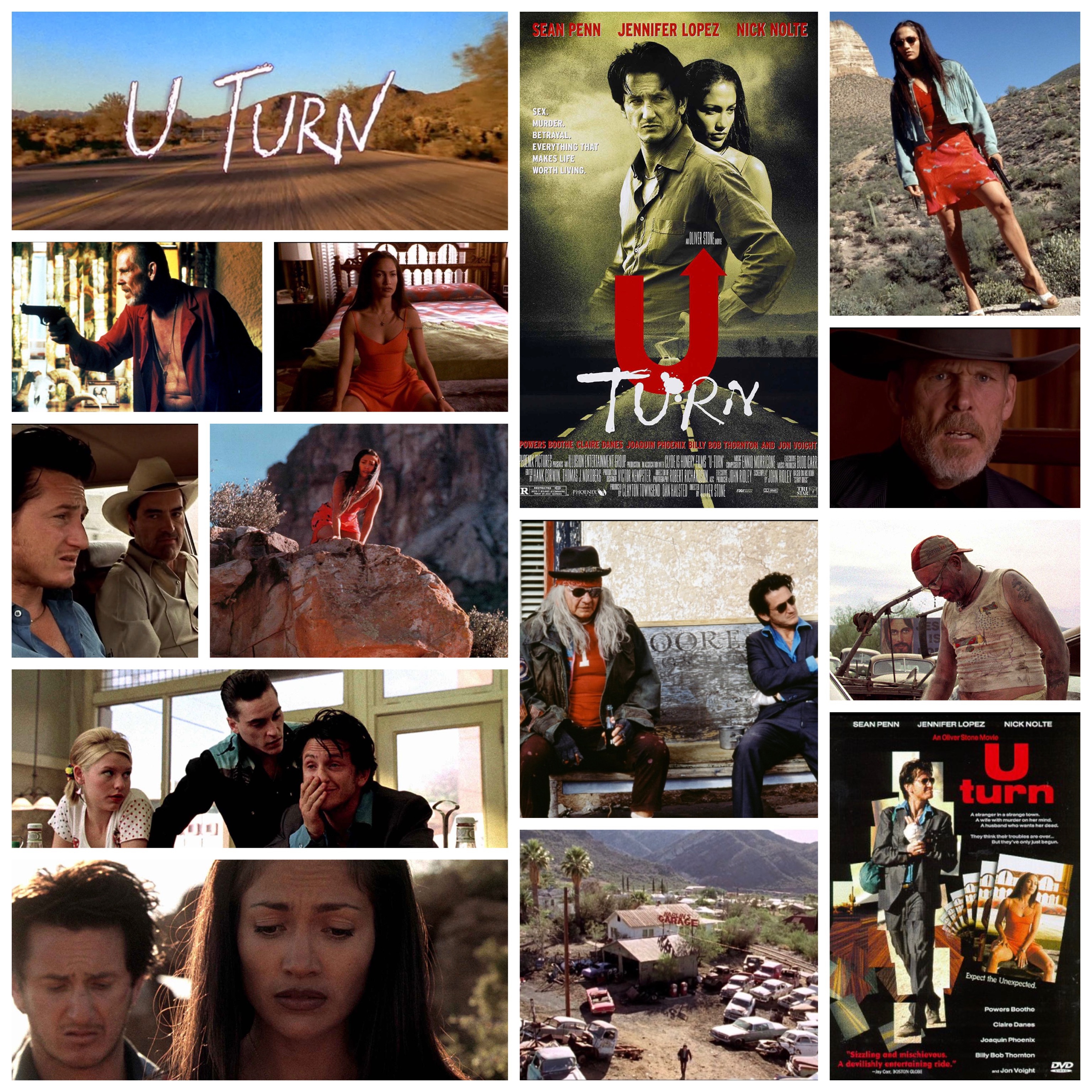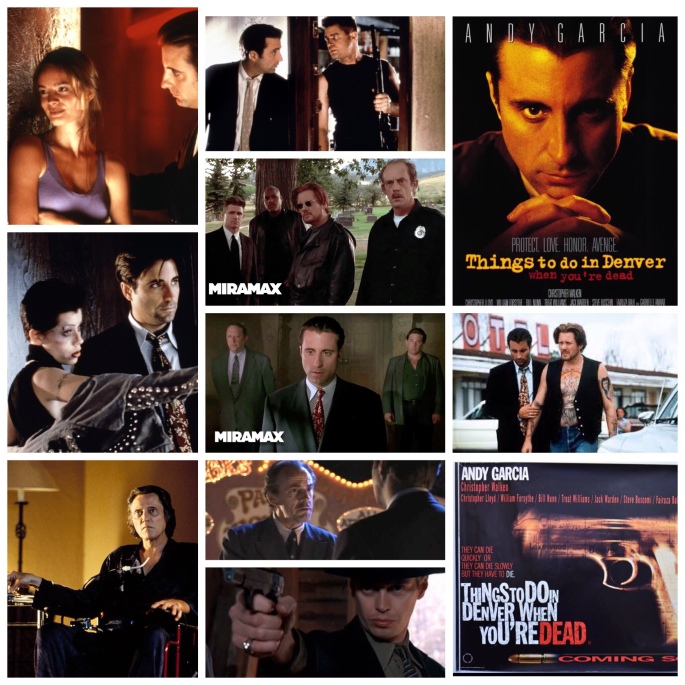“I have run out of time,” Frank softly says to Jessie, almost begging her to listen to him. He wants her to know that his time on this earth has been abnormally disrupted due to incarceration and that his life as a professional criminal has rendered a regular, natural existence impossible. In Jessie, the lady who works the register at one of his favorite breakfast haunts, Frank correctly senses another outcast; a wounded and marginalized soul who is letting the better part of her years slip away from her. He desperately wants her to be a part of his life and does everything in his power to convince her to agree to do so. Tearfully, she eventually does.
Leading up to that conversation in a late night diner, it’s crystal clear that Frank has had quite a day. After pulling off a meticulously executed, all-night diamond heist, he has to deal with some criminals that have stolen the money he was supposed to have received for the aforementioned robbery, he’s learned that his father-figure and mentor, Okla, is rapidly dying from heart disease, and, to top it all off, he’s over two hours late for a dinner date with Jessie due to his having to go through some clandestine, bullshit meet with members of a crime syndicate just so he can recoup his dough from the robbery the previous evening. This is his life, but it’s sure not the life he wants.
One of the most disarming things about Thief, Michael Mann’s theatrical film debut from 1981, is how much it focuses on Frank’s desire to chuck his life as a criminal and to settle into suburban anonymity. As portrayed by James Caan, Frank is decidedly not addicted to the juice of living like a criminal nor does he need the action to direct his life. Unlike Harry Dean Stanton’s Jerry in Ulu Grosbard’s Straight Time, co-scripted (uncredited) by Mann, or later Mann characters such as Heat’s Neil McCauley, a “regular type life” with “barbecue and ballgames” sounds just fine and dandy to Frank. In fact, Frank is so desperate for convention that he carries around a sad, wallet-sized collage of his dream life replete with pictures of children, a luxury car, Okla, and an inexact depiction of someone who will fill the role of wife and life partner. It’s no more exciting than what regular people take for granted but it means the absolute world to Frank.
In order make his modest dream life happen quickly, Frank makes a devil’s bargain with crime boss Leo (Robert Prosky), agreeing to a limited number of complex, pre-set, and high-yield robberies with the handshake agreement that he will be able to refuse any further work after each completed job. Naturally this will fall apart in spectacular fashion as crooked cops and even more dishonorable criminals complicate and jeopardize Frank’s vision for his future.
For a movie that made such limited noise at the box office, Thief’s influence on the crime thriller, in both look and content, is all but incalculable. As to the former, one would think that Michael Mann singlehandedly invented the visually intoxicating mix of wet streets and neon signs in the same way someone bumbled into mixing peanut butter and chocolate and made the Reece’s organization a bottomless fortune. As to the latter, the attention to detail that soon became the norm is directly influenced by Thief’s impeccably shot and edited sequences that highlight the fascinating, granular elements that make up the lives and work of professional criminals. Certainly films such as Jules Dassin’s Rififi and any number of Jean-Pierre Melville titles predated Thief’s love for the Swiss watch-precision in criminal activity. But Mann’s significant choice of laying the hypnotic and percolating minimalism of Tangerine Dream’s prog rock score over his near-wordless action montages pretty much created the blueprint for the look of almost ALL visual media that followed. When critics spoke about the slick, heavily-stylized “MTV look” that crept into theatrical films and commercials in the early 80’s (including Mann’s next theatrical endeavor, The Keep), they were talking about a style the ground zero of which was found in Thief. William Friedkin may have pioneered the idea in 1977 with Sorcerer (also boasting a score by Tangerine Dream) but Mann perfected it in 1981.
The lyricism found in Mann’s dialogue is also in full flower in Thief which melds quite beautifully with the stark, unmistakable realism of the life of the convict both in and out of prison, as chronicled by Frank in his diner monologue to Jessie which eerily recalls the day-to-day life of Murphy in Michael Mann’s previous film, The Jericho Mile. When Frank tells Jessie about an assault on his life and the aftermath that followed while he was serving time, he sounds as if he’s reciting a poem he was asked to write to describe the hell that exists within the prison walls. This is likewise the case when a bereft Frank verbally melts down and makes a full spectacle of himself in an adoption agency after he and Jessie are turned down as prospective parents due to Frank’s status as an ex-con. Never before has the utter hopelessness and anguished inhumanity that is the part and parcel of the life of a criminal been delivered with such control and beauty as it is in Thief.
Unlike Michael Mann projects that would come later, Thief, isn’t as interested in exploring the slippery nature between cop and criminal as it aims to be more classic in its mold while being more progressive in its approach. Thief, for lack of a better term, is a neo-noir where the chiaroscuro is given heavy assistance by magnesium but it is not an existential mediation on the tenuous line between good and evil. That said, in doing some rather interesting things in its casting, it does serve as a bit of thematic foreshadowing as real-life thief John Santucci, who served as a technical adviser and whose actual industrial burglar tools are used in the film, portrays the sleazy Sgt. Urizzi and real-life cop Dennis Farina, close to hanging up his badge for a respectable career in show business, shows up as Carl, Ataglia’s lethal bodyguard. The crossed lines of cop and criminal are all in the casting here but they will soon be at the heart of the rest of Mann’s oeuvre.
Aside from its technical and structural brilliance, Thief will always register as a bonafide masterpiece due to the impossibly high level of passion in the performances. It has been said countless times over but it will never not bear repeating that Thief is James Caan’s greatest hour. Equal parts tough, thoughtful, tragic, and triumphant, Caan slow-walks himself through the role of a lifetime, enunciating every syllable and wearing every nuanced emotion on his face while also turning in a remarkably physical performance (cat burglary looks like a lot of work, folks). As a woman whose past connection to the criminal element has limited her own options in life, Tuesday Weld’s Jessie radiates a wholly believable warmth and an inner-toughness which has been constructed to shield her from certain disappointment and render her invulnerable to easy influence. Jim Belushi is terrific in a rare dramatic role as Barry, Frank’s wiretapping and surveillance whiz, and Willie Nelson transcends mere stunt casting as the zen and terminal Okla, Frank’s jailhouse mentor. Among all of the supporting cast, though, Robert Prosky is the one who deserves special mention. A latecomer to acting (he was 41 when he was cast in his first part in a television movie in 1971), Thief was Prosky’s first big role and he owns every second of it. One second professional to the core and the other the most poisonous villain this side of Ben Kingsley’s Don Logan, Prosky brings a perfect balance to the role that forces him to oscillate between grand benevolence and guttural betrayal. Prosky’s delivery of an absolutely odious monologue in the last third of the movie deserves some kind of special award for being as captivating, thrilling, and rewatchable as it is horrifying, execrable, and repellant.
When speaking about the contemporary crime thriller, Michael Mann’s name brings as much heft to the genre as Hitchcock’s name did with the suspense film and Thief worked overtime to make that happen. And due to Michael Mann’s unshakable fidelity to the detail of the work of his characters and his impeccably operatic examination of their melancholic lives, he would soon find his options opening up exponentially when he redirected his focus from the lonesome, existential life of the career criminal and towards the cops that made their living chasing them. But with Thief, Mann found that perfect vehicle that allowed him to fuse his visual and thematic sensibilities into one flawless package while setting a stylistic pole position for the rest of Hollywood.
(C) Copyright 2021, Patrick Crain
